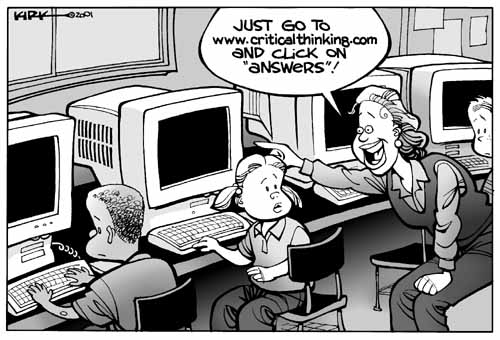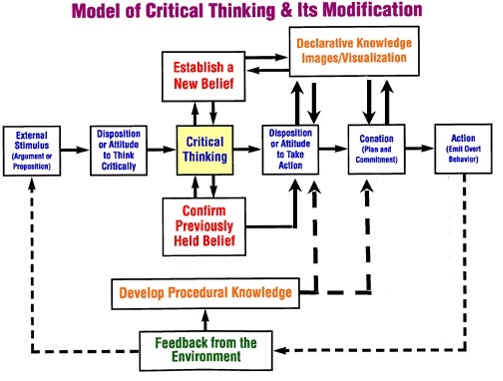
1. Develope an analystic mind. Learn the principles of analysis and omit the disturbability properties. A subject or idea can easily lack the 8 components of analogy, and when it does, you can easily criticize professionally. But how do you know the 8 components and how they are used? Check tips to becoming an analyst and take advantage.

2. Evaluate a definite purpose. Unlike a general analyst, who can be edeological about anything even with a shallow knowledge, a critic needs to understand the subject more than the average listener. Thus brings about respect, which means effective criticism.

3. Make a decision today. What subject of matter do you want to criticize about? Start from there and develope a social presence on the subject. Once done, and significantly known and respected even by a group of 2 or 3, you can start expanding your ground on becoming a professional critic.
4. Whenever you want to criticize and individual, aim for the purpose of the issue. In order to avoid failure, criticizing wrongly, you might like to know if the purpose which that person is doing that thing is accomplished, his needs met, and how.

5. Discover your alternatives and compare. Check histories about that thing you're trying to critically analyze, before you'll make a choice.

6. Learn logical thinking. Analyze what caused an arguement, how it was carried out and the conclusion. Compare how the way it was started affected the end of the arguement. Focus on why things happen as they happen and how behaviour's altered by different causes, rather than just how the thing is done.
 critical thinking skills
critical thinking skills
7. When setting for expanding your criticism field, learn only the critical jargon of anything. For example, in music, insteas of learning an instrument or going through vocal training, it's better to be a good listener of key drifts, vocal errors, rhyming, etc. Knowing the faulty names makes you sound professional, which in turn will motivate your way of thinking to deepen critically.

8. Employ JBI techniques and use leverage to voice out your desired opinion. Simply, jote down the Good, Bad, and Interesting discoverable property of a given subject. Consider behaviors, opinions, methods and aims, in order to increase your accuracy.

9. In a simple settings of sociability, saying you don't like it does not help your critical thinking skills. Say why you don't like it, including intuitive details that feels right to be said.
 critical thinking questions
critical thinking questions
10. Try as much as possible to avoid absolutes. Criticism is just an opinion that convince and influence. The more absolute you become, the more emotional you become about it, and the less motivating it becomes--to you and anyone around you.
 critical person
critical person
11. Apply the 1 principle of diplomacy: aiming for the proposal, not the person. This paves a way to professional arguements and less harmful ends.

12. Practice hypothetical-deductive reasoning. Think about the effects of the system, and present it, showing abstract constraint to the principles imposed.
 critical thinking quotes
critical thinking quotes
13. Ask people's opinion. If you can't get to meet other critics by reading or listening to them, ask questions. Learn people's perspective, it improves your social acceptance, considering people's perspectives, being emphasized and analyzed critically.